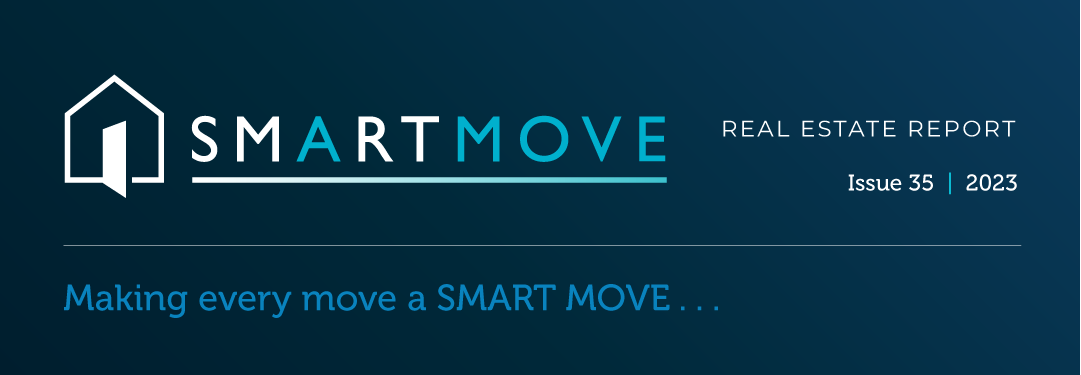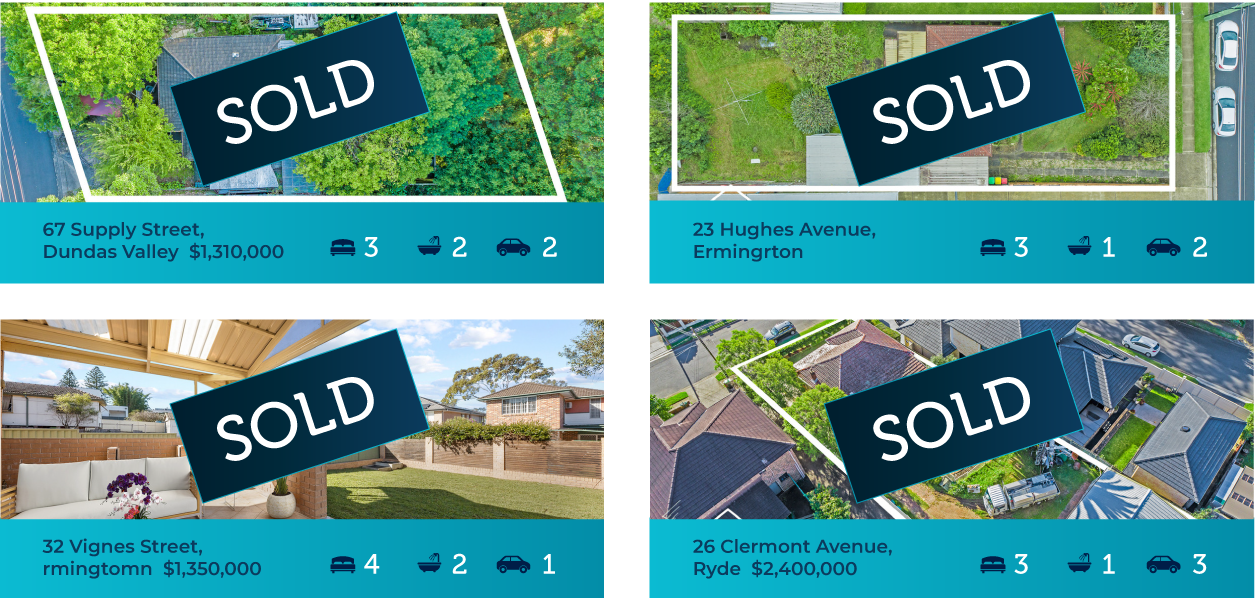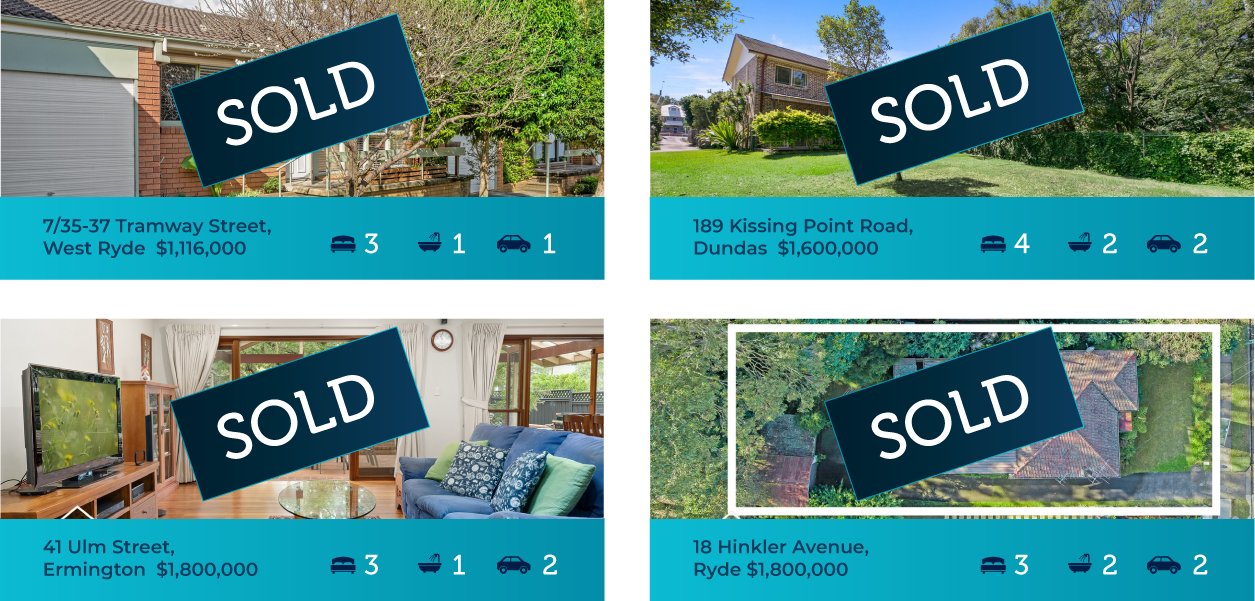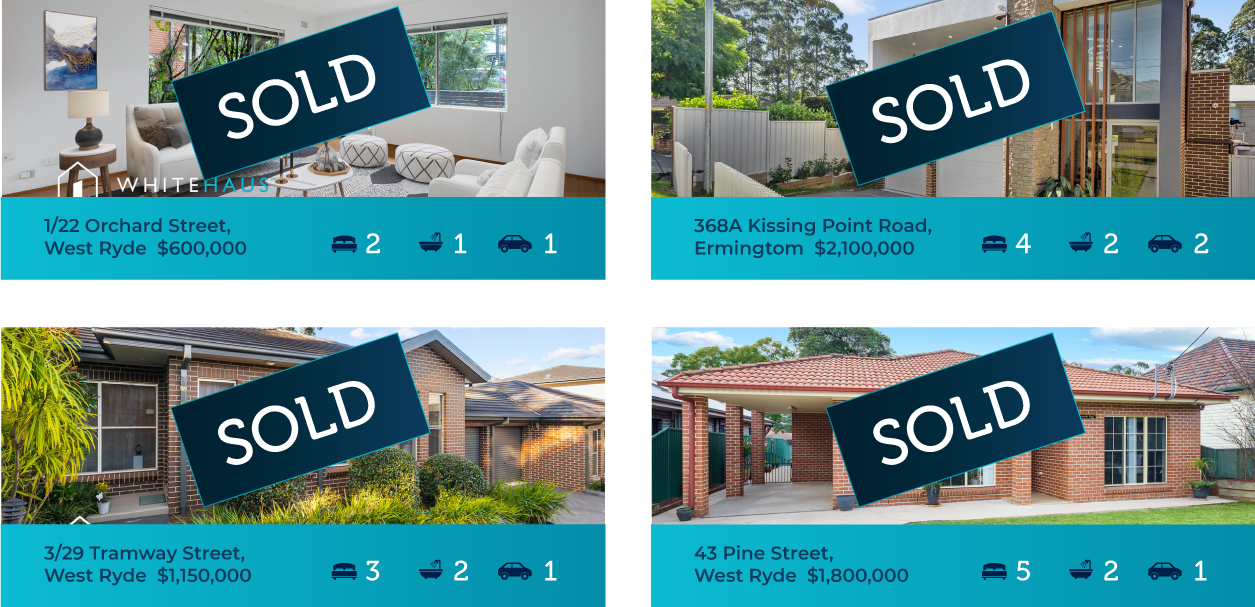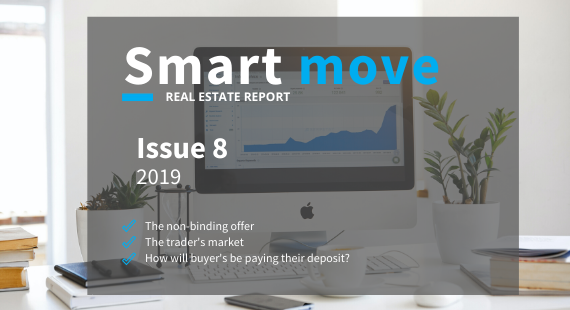Issue 35 2023

The beginning and the end of the 2022 Sydney Property Market could not be more different. The first quarter of 2022 saw modest house price gains, which was a feat in itself given the market had just risen 25% in 2021. As the year comes to a close, Core Logic has Sydney housing down 11.9% and apartments down 8.2% for 2022.
The bigger pull back in house prices may surprise some people. However, this is a consequence of the dizzying heights housing rose to during COVID and the improving rental yields that have now made apartments appealing to investors.
In order for one to anticipate where the Sydney property market goes from here, it’s worth exploring the factors that impacted prices throughout the year. Inflation/cost of living – two major global events caused global inflation and ultimately dictated the outcome of the Sydney Property Market in 2022. Those events being the Ukraine War and the Global Supply Chain crisis. The cost of basic goods and food rose, hitting household budgets. As the cost of living increased, inflation spilled over into all areas of the economy. Households that had wisely fixed their mortgage rate during COVID were protected from rising interest rates but not the higher cost of living. Buying one’s first property and/or upgrading their existing home became less appealing as living costs bit. Buyers became hesitant and cautious well before the first official interest rate rise – highlighting the impact of spending more to maintain their accustomed lifestyle.
In a welcome development, the official ABS Inflation Rate had moderated from 7.3% to 6.9% at the end of November. Let’s hope this is a precursor of things to come in 2023.
In our midyear Talking Property segment, SQM Research’s Louis Christopher highlighted the fact inflation is not a negative issue for property markets if wages are rising just as quickly. Inflation becomes an issue due to the monetary response it draws from Central Banks.
Interest rates – at the beginning of the year, the Reserve Bank of Australia was still of the belief it would not be increasing interest rates until 2024.
Financial markets were sceptical and ultimately knew better than the RBA when it came to interest rate settings. By March 2022, the RBA began softening the public up for an ‘earlier than expected interest rate rise, later in the year’. Again, financial markets and commentators were sceptical of the timing, suggesting the RBA’s hand would be forced early, which it was.
So, after 18 months of assuring the public there would be no interest rate rises until 2024, the RBA was forced to deliver the first rate rise in 12 years in May 2022, right in a Federal Election campaign. For a body that does its very best to stay above the political fray, the RBA’s actions become front and centre of a Federal Election campaign.
In December 2021, households were locking in mortgage rates of around 2.5%. Many fortunate households even secured 1- or 2-year Fixed Rates as low as 1.9% in mid-2021. Now in December 2022, home buyers are facing Fixed Home Loan Rates above 5.5%. Such a rapid and steep increase in interest rates demonstrates why property prices were under pressure.
At the time of writing, the All-Ords Index is only down 4% for 2022. This suggests financial markets believe the Australian economy can withstand higher interest rates. The prestige end of the Sydney property market also traded as though there wasn’t a worry in the world. Many record prices were achieved across town for high-end real estate, showing either an excess of money and/or confidence in the economic outlook.
Rents
After a decade of flatlining rents and then a sharp drop in rents during COVID, the rental market bounced sharply off the COVID lows. Rents are up 15% for the year and even more in many pockets of Sydney. International Borders re-opening, Return to Office and an undersupply of rental stock has converged to send rental prices north.
One of the reasons that prices did not fall further in 2022 was due to many vendors parking their Sydney property in the rental market. If excess sales stock came to market in 2022, we may have experienced an outright crash. The lack of listings throughout much of the year actually supported prices. The strong rental market provided many vendors with the option of leasing their property out rather than cutting the asking price to achieve a sale.
For more information on the merits of buying an investment property in the current market, check out our recent article.
Sentiment
In the stock market, boom-time prices make buyers nervous as perceived value diminishes. Yet oversold stock attracts buyers. The property market seems to nearly work in reverse.
When property prices are rising, home buyers feel more comfortable about jumping in. When prices begin falling, buyers tend to rush to the sidelines.
The point being, the property market is far more emotional and reactive to events than most people realise. Ask any real estate agent that experienced crowds (like 200 people arriving at one open house) turning up during the boom. After the market had declined by 10% the crowd of buyers turned into a trickle. Buyer sentiment plays a huge role in the short-term performance of the property market, and it also highlights why most market downturns begin with a sharp rebound as buyers rush back in.
Buyers and sellers are both wondering when that will be.
If you are looking to upgrade your property, don’t let the doom and gloom sentiment get you down. It is actually easier and financially better to upgrade when prices are falling. Conversely, it’s better to downgrade when prices are rising for the same reason.
As an example, using round numbers:
If you own a $1 million apartment and decide to upgrade to a $2 million house, the raw change over cost is $1 million plus expenses.
When the market rises 10%, the value of the $ 1 million apartment you are selling rises to $1,100,000. However, the $2 million house also rises by 10% to $2,200,000, leaving you $100,000 worse off on the raw numbers. Let’s keep in mind some of the transaction costs, such as stamp duty & agent’s fees, also increase by 10%, pushing the cost of transacting up even higher.
When the market is falling, the $1 million apartment you are selling drops to $900,000. However, the $2 million house you wish to purchase also drops by 10% to $1,800,000, leaving you $100,000 better off on the raw numbers. The transaction costs, being stamp duty and selling fees, also decrease by about 10%, diluting the changeover cost further.
In a rising market, if you are buying and selling, it makes sense to buy first, and sell second. For a period of time, when you own two properties, they are both rising in value. If you sell first in a rising market, if the market continues to rise, your cash loses purchasing power.
In a falling market, if you are buying and selling, it makes sense to sell before buying. Going to cash by securing a sale before buying makes sense in the current market.
For a period of time, you may have sold your existing property and need to purchase a new one. Due to having sold your existing property, as the market continues to fall, your purchasing power is improving.
A lot of people confuse selling with moving out. Selling is when you contractually agree on terms with a purchaser, which is secured by a non-refundable deposit. Moving out or settling the sale is when the buyer gets the property and the seller gets the money.
If you sell first, you can always negotiate a delayed settlement in the order of 10 to 15 weeks to enable you enough time to purchase the next property.
When you upgrade in a down market, you can live in the property you want to live in and wait for it to increase in value, when the next cycle occurs.

January to February can be a surprisingly strong period to list a property on the market. Each year, vendors who are on the market straight after Christmas are pleasantly surprised at the amount of buyer activity.
If you would like to discuss the next steps in getting a property ‘Set to Sell in 2023’, the team at Whitehaus Real Estate will be happy to arrange a suitable time to meet with you. Practical issues such as presentation, preparing the Contract of Sale, Due Diligence Reports, and even photography can all be completed now to ensure your property is ‘Set to Sell in 2023’.
There is much discussion and many predictions in the media about property prices in 2023, and much of the opinion varies widely. Our experience on the ground at Open Inspections each weekend provides us with a nuanced insight into the current market vibe. There are many different segments of the property market with buyer behaviour varying across different price points, suburbs, and dwelling types.
If you would like to discuss the 2023 Property Market with our sales consultants, please feel free to email us at info@whitehausre.com.au or phone (02) 8006 2114.
From the team at Whitehaus® Real Estate, we would like to wish you a Happy New Year for 2023.


